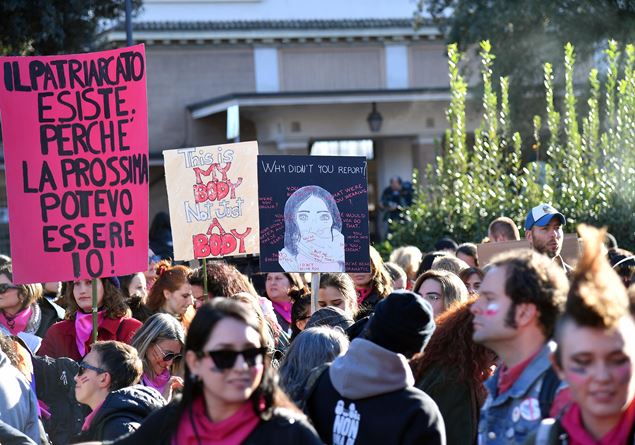
They should arrive in the coming days. The first doses of the Mpox vaccine, promised by Japan and the United States in the face of the resurgence of the epidemic on the African continent, are expected with hope in the Democratic Republic of Congo (DRC), the epicenter of the disease. The Minister of Health, Samuel-Roger Kamba, wanted to be optimistic, on August 19, at a press conference: “Our strategic plan for the response to vaccination is already ready, we are just waiting for the vaccines to arrive.”
Since the World Health Organization declared a “health emergency of international concern” on August 14, several states have announced the shipment of vaccines to contain the epidemic wave, carried by a new variant, more contagious and more deadly.
International support
Japan has promised 3 million doses to the DRC, which has already recorded at least 16,000 cases and 548 deaths. These are reserved for children, among whom the mortality rate linked to the virus can reach 10%, compared to 5% for the general population. According to Gavi, the Global Alliance for Vaccines, 60% of cases concern patients under 15 years old.
Far behind, the United States has nevertheless promised 50,000 doses to the DRC. The European Union has moved forward with the delivery of 215,000 vaccines from the Danish laboratory Bavarian Nordic to the African Union Public Health Agency (CDC), supplemented by 100,000 doses provided by France.
Call of the foot
International support was eagerly awaited on the African continent, scalded by the previous wave of Mpox, where it had remained the poor relation of global vaccination. In 2022, around a hundred countries had been affected by the spread of another variant, which had caused 100,000 cases and 140 deaths worldwide.
While the WHO had also declared a health emergency, international solidarity had been lacking, according to CDC President Cyril Ramaphosa. In a statement on August 17, the latter therefore called for “correcting the inequitable treatment of the previous epidemic, (…) where vaccines and therapies were developed and made available mainly to Western countries, with little support for Africa.”
Epidemic rebound
Faced with the resurgence of the epidemic, the CDC sounded the alarm on August 13, proclaiming a health emergency of “continental scope”. The cause is a 160% increase in the number of cases recorded this year in Africa compared to 2023.
Having started in the city of Goma, in the north-east of the DRC, in a region plagued by armed conflicts which have caused numerous population displacements, the new variant, discovered in September 2023, has ended up reaching Rwanda, Uganda, Kenya and Burundi.
In total, to stem the epidemic on the continent, the vaccination plans put in place by the states concerned require 10 million doses, a colossal figure compared to the 200,000 vaccines available before donations from Western countries, according to the CDC.
Vaccines are overpriced
While the WHO’s triggering of the maximum alert level has made it possible to initiate an emergency procedure to speed up the approval of vaccines against Mpox, the main obstacle remains the price. “These vaccines are very expensive,” recalled Samuel-Roger Kamba, “3 million doses is 600 million dollars.”
A budget that is out of reach for a large number of sub-Saharan African states, particularly the least developed countries, including the DRC, Rwanda and Burundi. Despite a GDP per capita that barely exceeds $649, the DRC has released an extraordinary envelope of $49 million to deal with the crisis. However, this remains largely insufficient.
Emergency Fund
To address this challenge, Gavi has an emergency fund of $500 million. “Our role is to mobilize funding to provide access to vaccines to countries that would otherwise be left behind,” explains Aurélia Nguyen, Gavi’s Managing Director of Programs. Centralizing funding thus provides better leverage for negotiations with laboratories.
The other big challenge is supply. “It’s not enough to have a vaccine,” says Aurélia Nguyen. “The vaccine has to get to the person affected.” This is a real challenge, given that the regions affected by Mpox have access difficulties. Govi intends to leverage its expertise, strengthened during the Covid-19 pandemic, when the establishment of Covax made it possible to coordinate 2 billion vaccines destined for 146 countries.
Several patients with the new variant have been identified outside the African continent, with cases in Sweden, Pakistan and Thailand. To meet global demand, Bavarian Nordic has assured that it has 500,000 doses of vaccine in stock and will be able to produce 10 million by 2025, including 2 million by the end of this year.





